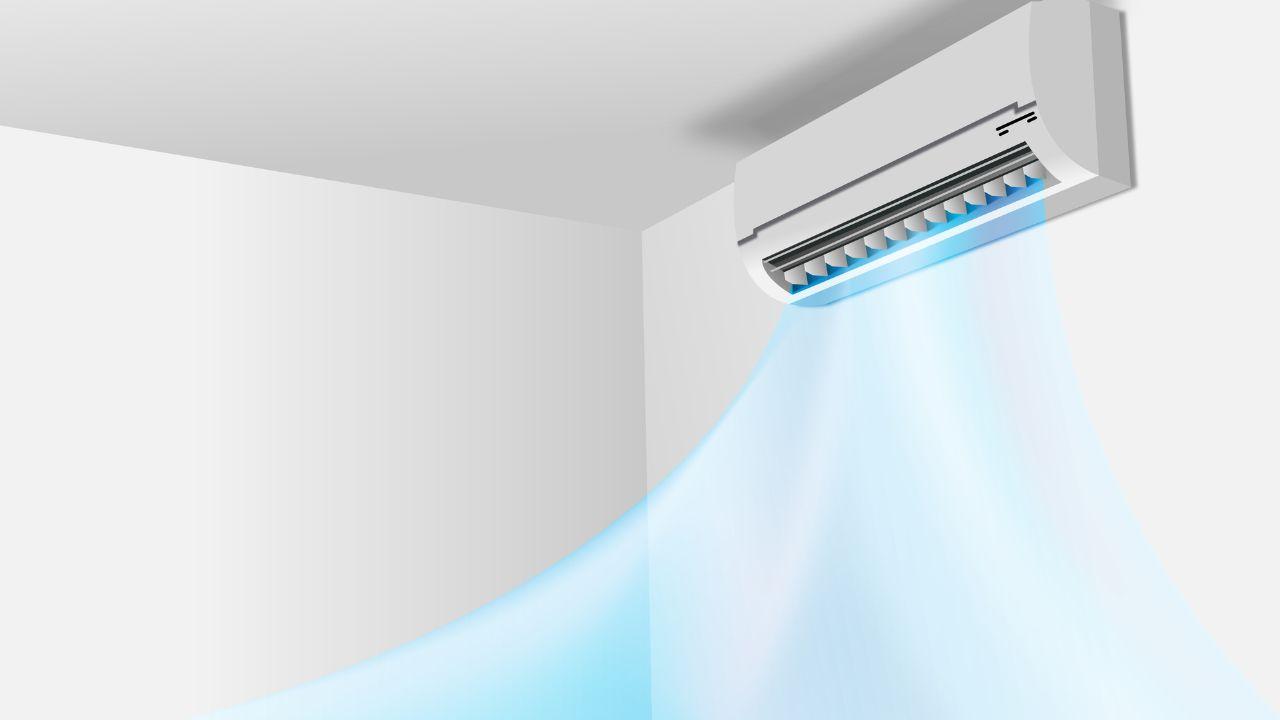Operating under the auspices of the Ministry of Power, BEE advocates for the implementation of energy-efficient practices, equipment, devices, and systems. It undertakes measures to promote preferential treatment for the adoption of energy-efficient appliances

The announcement comes at a time when India's peak power demand has been rising and hit 241 GW on June 9. Representational Pic
The Bureau of Energy Efficiency (BEE) is presently engaged in the development of a framework aimed at standardising default temperatures for air conditioning units within the range of 20 to 28 degrees Celsius. This initiative seeks to enhance energy efficiency throughout the country.
Operating under the auspices of the Ministry of Power, BEE advocates for the implementation of energy-efficient practices, equipment, devices, and systems. It undertakes measures to promote preferential treatment for the adoption of energy-efficient appliances, reported PTI.
Discussions pertaining to this matter are currently in progress; however, no definitive decision has been reached regarding the precise temperature range or the timeline for the issuance of corresponding guidelines, as stated by an official who requested anonymity, according to reports from news agency PTI.
Union Power Minister Manohar Lal indicated on Tuesday that the government is actively working on a framework to standardise the default temperatures of air conditioning systems, including those in automobiles, within the specified range of 20 to 28 degrees Celsius.
Addressing a press conference on Tuesday, Union Power Minister Manohar Lal said the government is in talks with appliance makers and states on the subject to standardise AC temperatures.
"Consultations are going on and once it's over, guidelines will be finalised accordingly. Some states have requested to consider the humidity they have while making the guidelines," Lal said without sharing further details, reported PTI.
Asked if ACs in cars will also have such standardised temperatures, the minister said the government is in consultation with automakers as well.
The announcement comes at a time when India's peak power demand has been rising and hit 241 GW on June 9.
Power Secretary Pankaj Agarwal said the move is aimed at improving energy efficiency in the country. A reduction of even 1 degree helps save 6 per cent of energy.
"There are crores of ACs in the country and every year new ones are getting inducted. So you can imagine the savings," he said, reported PTI.
(With PTI inputs)
 Subscribe today by clicking the link and stay updated with the latest news!" Click here!
Subscribe today by clicking the link and stay updated with the latest news!" Click here!










